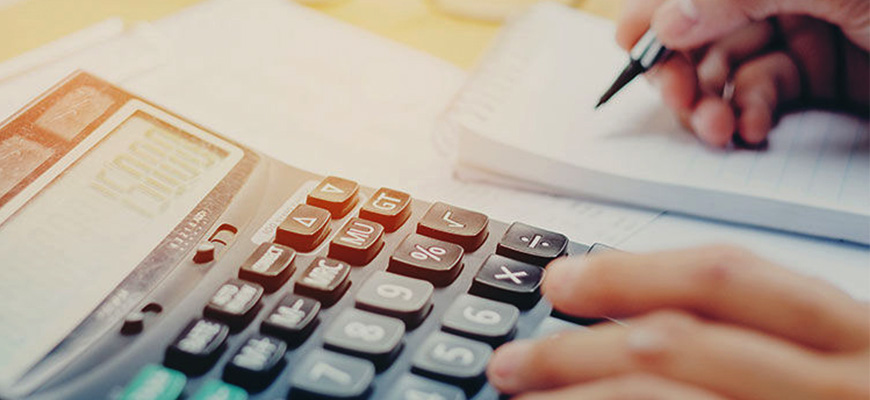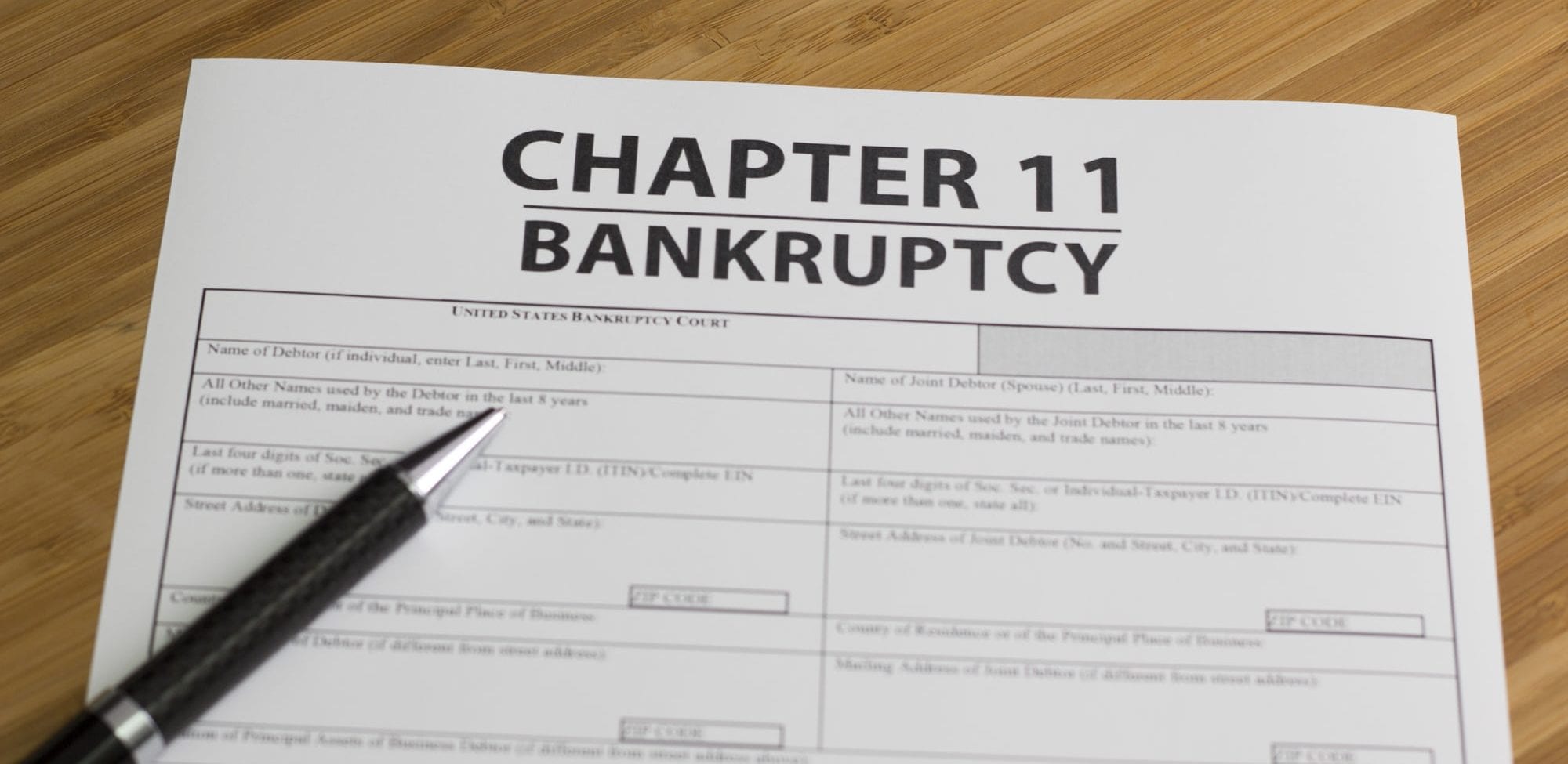Bankruptcy is a legal process that provides individuals and businesses with relief from overwhelming debt and financial hardship. This comprehensive guide will delve into the intricacies of bankruptcy, exploring its essential role in modern society, its different types, and addressing some frequently asked questions.
Understanding Bankruptcy
Bankruptcy plays a crucial role in our legal system, serving as a financial safety net for those who find themselves burdened with unmanageable debt. This process allows individuals and businesses to eliminate or restructure their debts, providing a fresh start and an opportunity to regain financial stability.
The Different Types of Bankruptcy
Bankruptcy comes in various forms, each tailored to different circumstances and needs. Here are the most common types:
1. Chapter 7 Bankruptcy
Chapter 7 bankruptcy, often referred to as “liquidation bankruptcy,” is the most common form of bankruptcy for individuals. It involves the liquidation of non-exempt assets to pay off creditors, after which most remaining unsecured debts are discharged.
2. Chapter 13 Bankruptcy
Chapter 13 bankruptcy, also known as “reorganization bankruptcy,” is designed for individuals with a regular income who can create a repayment plan to settle their debts over three to five years. It enables debtors to keep their assets while repaying a portion of their debts.
3. Chapter 11 Bankruptcy
Chapter 11 bankruptcy primarily targets businesses and corporations. It allows them to continue operating while developing a reorganization plan to repay creditors over time. Chapter 11 is often employed by companies seeking to restructure and emerge stronger.
4. Chapter 12 Bankruptcy
Chapter 12 bankruptcy is specifically designed for family farmers and fishermen. It permits them to restructure their debts and continue their operations, ensuring the survival of their agricultural or fishing businesses.
The Role of Bankruptcy in Individual and Business Financial Resurgence
Bankruptcy is not a route to be taken lightly, but it serves as a critical tool for individuals and businesses in financial turmoil. Here’s how it plays a significant role:
1. Debt Relief
Bankruptcy provides a pathway for individuals and businesses to eliminate or restructure their debts. It offers relief to those who may be on the brink of financial ruin, allowing them to regain control over their finances.
2. Asset Protection
While bankruptcy may involve the liquidation of assets in some cases, it also protects specific assets from creditors. These exemptions vary by state, but they often include necessities like a primary residence, vehicle, and personal belongings.
3. Business Continuation
For businesses, bankruptcy, especially Chapter 11, is a lifeline that allows them to continue operations. It offers a chance to restructure and repay debts while preventing the abrupt closure of companies that may still have potential for success.
4. Structured Repayment
Chapter 13 and Chapter 12 bankruptcies provide a structured framework for debt repayment. Debtors can work out a plan that fits their income, ensuring creditors are paid, and individuals or families can regain their financial footing.
5. Protection from Creditors
Once a bankruptcy is filed, an automatic stay goes into effect, which halts creditor collection efforts, such as wage garnishment, foreclosure, and harassing phone calls. This provides immediate relief to the debtor.
Will bankruptcy ruin my credit forever?
No, bankruptcy does have an impact on your credit score, but it is not permanent. The negative effects can last for several years, but with responsible financial management, you can rebuild your credit over time.
Can I choose which type of bankruptcy to file for?
The type of bankruptcy you can file for depends on your specific financial situation. Chapter 7, Chapter 13, and other types are available to different entities. Consulting with a bankruptcy attorney is crucial to determine the most suitable option.
Can I keep any assets if I file for bankruptcy?
Yes, you can typically retain some of your assets, such as your primary residence and personal belongings, depending on the type of bankruptcy and the state-specific exemptions that apply.
Are all debts discharged in bankruptcy?
Not all debts can be discharged in bankruptcy. Certain debts like child support, alimony, most student loans, and recent tax debts are typically non-dischargeable.
How long does the bankruptcy process take?
The duration of the bankruptcy process can vary, but typically, Chapter 7 bankruptcy can be completed in a few months, while Chapter 13 may take three to five years to finalize.
In Conclusion
Bankruptcy serves a pivotal role in the legal system, providing a safety net for individuals and businesses in financial distress. By understanding the different types of bankruptcy and how they function, individuals can make informed decisions about their financial futures. Whether it’s eliminating debts through Chapter 7, reorganizing under Chapter 13, or enabling a business to continue operating via Chapter 11, bankruptcy offers a fresh start and a path toward financial stability. If you find yourself considering bankruptcy, consult with a qualified attorney who can guide you through the process and help you make the best choices for your unique circumstances.







